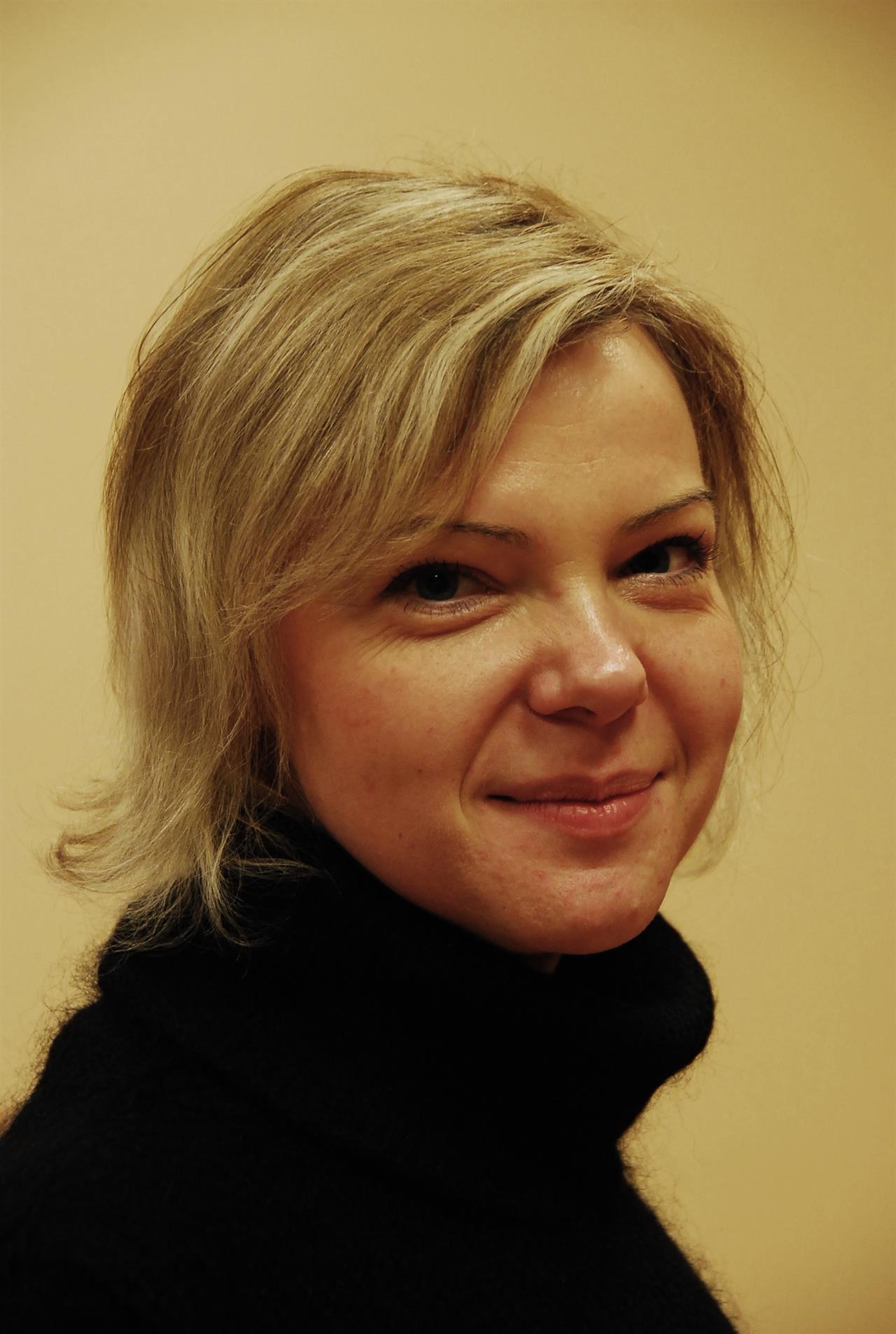Non profit
Polish third sector? Fresh, young with a big potential of growth
VITAeupore meets Malgorzata Niemkiewicz, executive board secretary at Caritas, in the Gdansk Archdiocese.
di Rita Meloni

Malgorzata Niemkiewicz is 36 years old, she is an expert in non profit issues in Poland, having worked, since 1996, at the Caritas of Gdansk Archdiocese. Caritas, the international faith based organisation is specialized in social assistance and health care for people with mental and physical disabilities.
To what extent has Poland’s communist past left a mark on local civil society?
Civil society in Poland has not yet developed fully and is still finding its place and role and is not yet fully aware of where the boundaries are, what it can and cannot do. Years of communism have taught people not to take autonomous decisions as at that time independence and responsibility were persecuted. This inheritance can be devastating in some cases, but today people want to take responsibility for what is happening to them, for how they live and are slowly learning to take things into their own hands, even though this process can be painful at times.
Do you see potential within Poland’s civil society?
Enormous potential. Enrooted in people and in organisations there are huge strengths that need to develop and take shape. This “freshness” has obvious disadvantages, but I think that the Polish non profit sector in general has a great opportunity to learn from the experience of other countries, to mature and to make the right choices right away.
What challenges does the non profit sector face in Poland?
It must work hard to reach an equal position with the other two sectors. I see the third sector like a poor, and unloved younger brother, who appeared by mistake into the world but who disrupts administrative work and importunes business as usual. And who has to prove his worth all the time, to show he is not a looser. The Polish third sector has a long way to go before it will be treated equally. It s underappreciated, sometimes neglected, and treated with a kind-hearted almost-smile. It has not become a partner yet; this is probably the greatest challenge we face today.
What are the greatest challenges you have had to face in your work at Caritas?
Many people and institutions used to think of Caritas (I hope it is no longer so) as an old ladies organisation that gave out old clothes and watery soups. It was commonly thought that we were an institution that looked after beggars and to whom a penny should be given – let it do some miracles and save the world, was what people thought. Our greatest challenge, therefore, was to change the way people thought about Caritas, what its functions are and what its resources are. Teaching people to treat Caritas with respect and teaching partnership cooperation was probably the greatest challenge.
There has been much talk about the 1% law, Do you think it has any potential to promote civil society?
Yes. Every donor wants to know how their money will be used, so people actively look for information about the organization, as a result the organisation gains notoriety and this in turn may encourage people to become regular supporters of the cause, to become a volunteer, or to sign up as a member. I do not agree with those who say that the relationship between donors and organisations ends once donors have chosen the organisation to which they want their tax returns turned to. Rather, I think that such a huge transfer of money to civil society should be seen as the starting point of a lasting relationship, a means of introducing people to civil society.
What website would you suggest to our readers to keep informed about Polish civil society?
www.isp.org.pl
www.ngo.pl
www.mpips.gov.pl
www.pozytek.gov.pl
Cosa fa VITA?
Da 30 anni VITA è la testata di riferimento dell’innovazione sociale, dell’attivismo civico e del Terzo settore. Siamo un’impresa sociale senza scopo di lucro: raccontiamo storie, promuoviamo campagne, interpelliamo le imprese, la politica e le istituzioni per promuovere i valori dell’interesse generale e del bene comune. Se riusciamo a farlo è grazie a chi decide di sostenerci.
